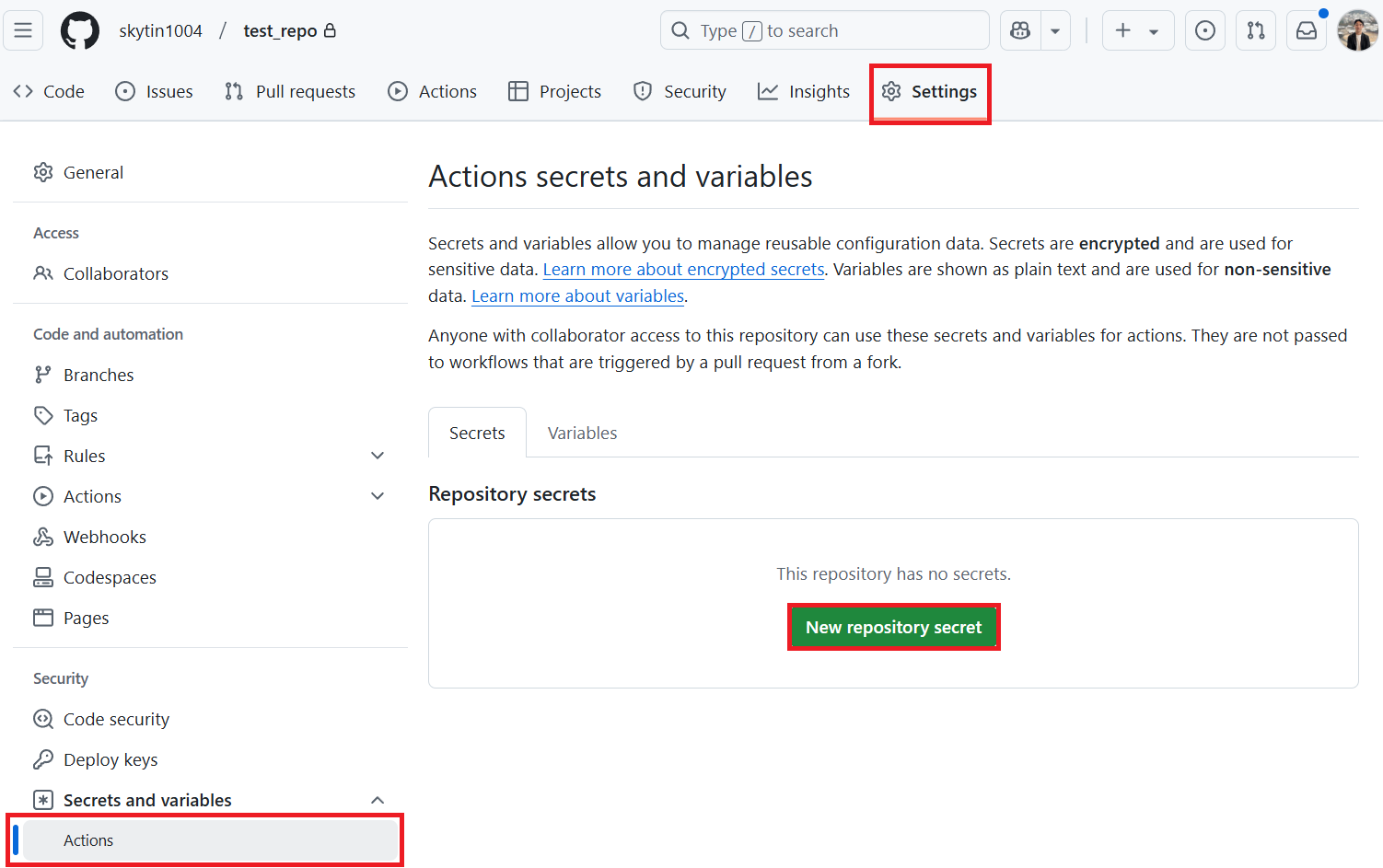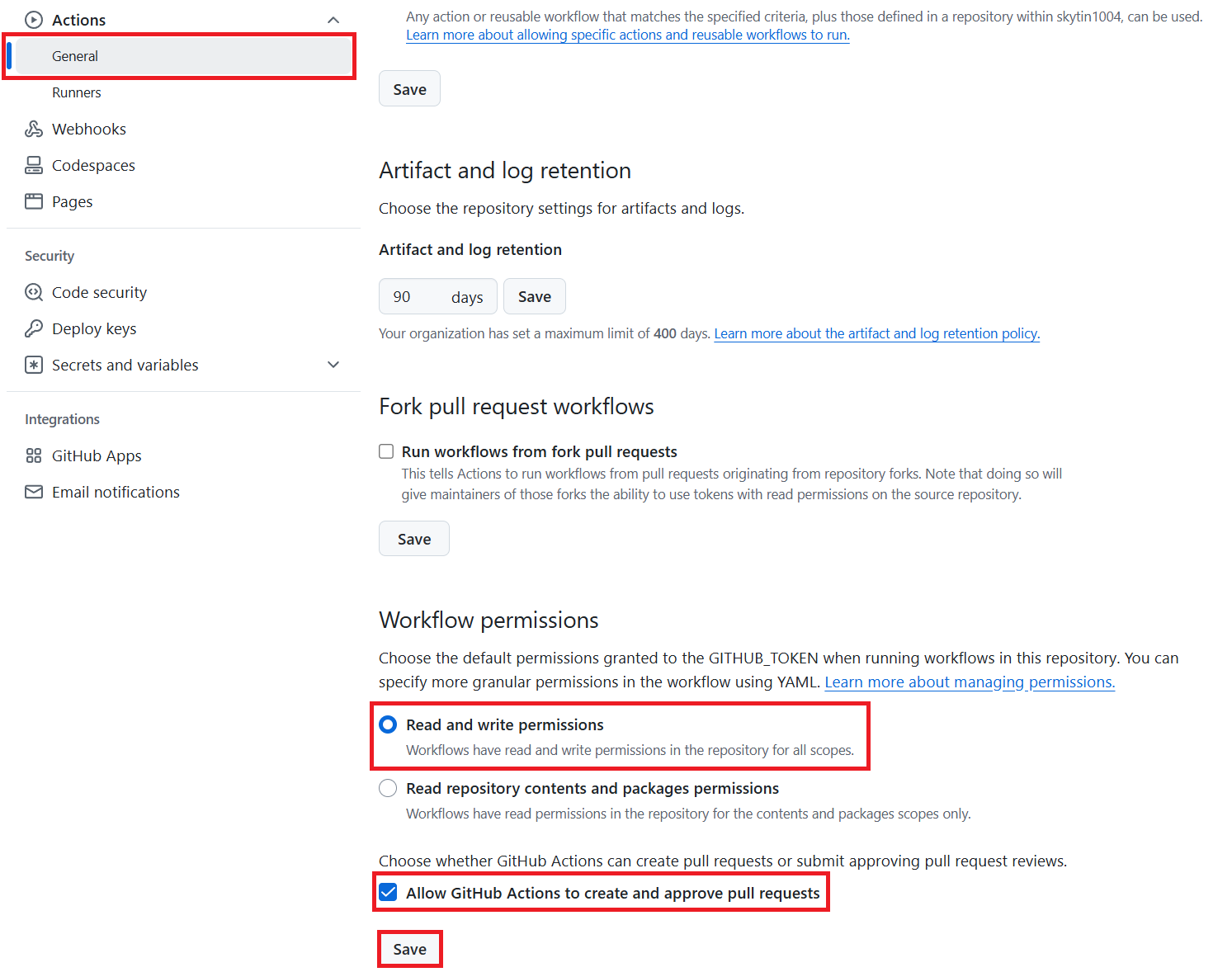co-op-translator
Using the Co-op Translator GitHub Action (Public Setup)
Target Audience: This guide is intended for users in most public or private repositories where standard GitHub Actions permissions are sufficient. It utilizes the built-in GITHUB_TOKEN.
Automate the translation of your repository’s documentation effortlessly using the Co-op Translator GitHub Action. This guide walks you through setting up the action to automatically create pull requests with updated translations whenever your source Markdown files or images change.
[!IMPORTANT]
Choosing the Right Guide:
This guide details the simpler setup using the standard
GITHUB_TOKEN. This is the recommended method for most users as it doesn’t require managing sensitive GitHub App Private Keys.
Prerequisites
Before configuring the GitHub Action, ensure you have the necessary AI service credentials ready.
1. Required: AI Language Model Credentials You need credentials for at least one supported Language Model:
- Azure OpenAI: Requires Endpoint, API Key, Model/Deployment Names, API Version.
- OpenAI: Requires API Key, (Optional: Org ID, Base URL, Model ID).
- See Supported Models and Services for details.
2. Optional: AI Vision Credentials (for Image Translation)
- Required only if you need to translate text within images.
- Azure AI Vision: Requires Endpoint and Subscription Key.
- If not provided, the action defaults to Markdown-only mode.
Setup and Configuration
Follow these steps to configure the Co-op Translator GitHub Action in your repository using the standard GITHUB_TOKEN.
Step 1: Understand Authentication (Using GITHUB_TOKEN)
This workflow uses the built-in GITHUB_TOKEN provided by GitHub Actions. This token automatically grants permissions to the workflow to interact with your repository based on the settings configured in Step 3.
Step 2: Configure Repository Secrets
You only need to add your AI service credentials as encrypted secrets in your repository settings.
- Navigate to your target GitHub repository.
- Go to Settings > Secrets and variables > Actions.
-
Under Repository secrets, click New repository secret for each required AI service secret listed below.
 (Image Reference: Shows where to add secrets)
(Image Reference: Shows where to add secrets)
Required AI Service Secrets (Add ALL that apply based on your Prerequisites):
| Secret Name | Description | Value Source |
|---|---|---|
AZURE_AI_SERVICE_API_KEY |
Key for Azure AI Service (Computer Vision) | Your Azure AI Foundry |
AZURE_AI_SERVICE_ENDPOINT |
Endpoint for Azure AI Service (Computer Vision) | Your Azure AI Foundry |
AZURE_OPENAI_API_KEY |
Key for Azure OpenAI service | Your Azure AI Foundry |
AZURE_OPENAI_ENDPOINT |
Endpoint for Azure OpenAI service | Your Azure AI Foundry |
AZURE_OPENAI_MODEL_NAME |
Your Azure OpenAI Model Name | Your Azure AI Foundry |
AZURE_OPENAI_CHAT_DEPLOYMENT_NAME |
Your Azure OpenAI Deployment Name | Your Azure AI Foundry |
AZURE_OPENAI_API_VERSION |
API Version for Azure OpenAI | Your Azure AI Foundry |
OPENAI_API_KEY |
API Key for OpenAI | Your OpenAI Platform |
OPENAI_ORG_ID |
OpenAI Organization ID (Optional) | Your OpenAI Platform |
OPENAI_CHAT_MODEL_ID |
Specific OpenAI model ID (Optional) | Your OpenAI Platform |
OPENAI_BASE_URL |
Custom OpenAI API Base URL (Optional) | Your OpenAI Platform |
Step 3: Configure Workflow Permissions
The GitHub Action needs permissions granted via the GITHUB_TOKEN to check out code and create pull requests.
- In your repository, go to Settings > Actions > General.
- Scroll down to the Workflow permissions section.
- Select Read and write permissions. This grants the
GITHUB_TOKENthe necessarycontents: writeandpull-requests: writepermissions for this workflow. - Ensure the checkbox for Allow GitHub Actions to create and approve pull requests is checked.
- Select Save.

Step 4: Create the Workflow File
Finally, create the YAML file that defines the automated workflow using GITHUB_TOKEN.
- In the root directory of your repository, create the
.github/workflows/directory if it doesn’t exist. - Inside
.github/workflows/, create a file namedco-op-translator.yml. - Paste the following content into
co-op-translator.yml.
name: Co-op Translator
on:
push:
branches:
- main
jobs:
co-op-translator:
runs-on: ubuntu-latest
permissions:
contents: write
pull-requests: write
steps:
- name: Checkout repository
uses: actions/checkout@v4
with:
fetch-depth: 0
- name: Set up Python
uses: actions/setup-python@v4
with:
python-version: '3.10'
- name: Install Co-op Translator
run: |
python -m pip install --upgrade pip
pip install co-op-translator
- name: Run Co-op Translator
env:
PYTHONIOENCODING: utf-8
# === AI Service Credentials ===
AZURE_AI_SERVICE_API_KEY: $
AZURE_AI_SERVICE_ENDPOINT: $
AZURE_OPENAI_API_KEY: $
AZURE_OPENAI_ENDPOINT: $
AZURE_OPENAI_MODEL_NAME: $
AZURE_OPENAI_CHAT_DEPLOYMENT_NAME: $
AZURE_OPENAI_API_VERSION: $
OPENAI_API_KEY: $
OPENAI_ORG_ID: $
OPENAI_CHAT_MODEL_ID: $
OPENAI_BASE_URL: $
run: |
# =====================================================================
# IMPORTANT: Set your target languages here (REQUIRED CONFIGURATION)
# =====================================================================
# Example: Translate to Spanish, French, German. Add -y to auto-confirm.
translate -l "es fr de" -y # <--- MODIFY THIS LINE with your desired languages
- name: Create Pull Request with translations
uses: peter-evans/create-pull-request@v5
with:
token: $
commit-message: "🌐 Update translations via Co-op Translator"
title: "🌐 Update translations via Co-op Translator"
body: |
This PR updates translations for recent changes to the main branch.
### 📋 Changes included
- Translated contents are available in the `translations/` directory
- Translated images are available in the `translated_images/` directory
---
🌐 Automatically generated by the [Co-op Translator](https://github.com/Azure/co-op-translator) GitHub Action.
branch: update-translations
base: main
labels: translation, automated-pr
delete-branch: true
add-paths: |
translations/
translated_images/
- Customize the Workflow:
- [!IMPORTANT] Target Languages: In the
Run Co-op Translatorstep, you MUST review and modify the list of language codes within thetranslate -l "..." -ycommand to match your project’s requirements. The example list (ar de es...) needs to be replaced or adjusted. - Trigger (
on:): The current trigger runs on every push tomain. For large repositories, consider adding apaths:filter (see commented example in the YAML) to run the workflow only when relevant files (e.g., source documentation) change, saving runner minutes. - PR Details: Customize the
commit-message,title,body,branchname, andlabelsin theCreate Pull Requeststep if needed.
- [!IMPORTANT] Target Languages: In the
Running the Workflow
[!WARNING]
GitHub-hosted Runner Time Limit:
GitHub-hosted runners such asubuntu-latesthave a maximum execution time limit of 6 hours.
For large documentation repositories, if the translation process exceeds 6 hours, the workflow will be automatically terminated.
To prevent this, consider:
- Using a self-hosted runner (no time limit)
- Reducing the number of target languages per run
Once the co-op-translator.yml file is merged into your main branch (or the branch specified in the on: trigger), the workflow will automatically run whenever changes are pushed to that branch (and match the paths filter, if configured).